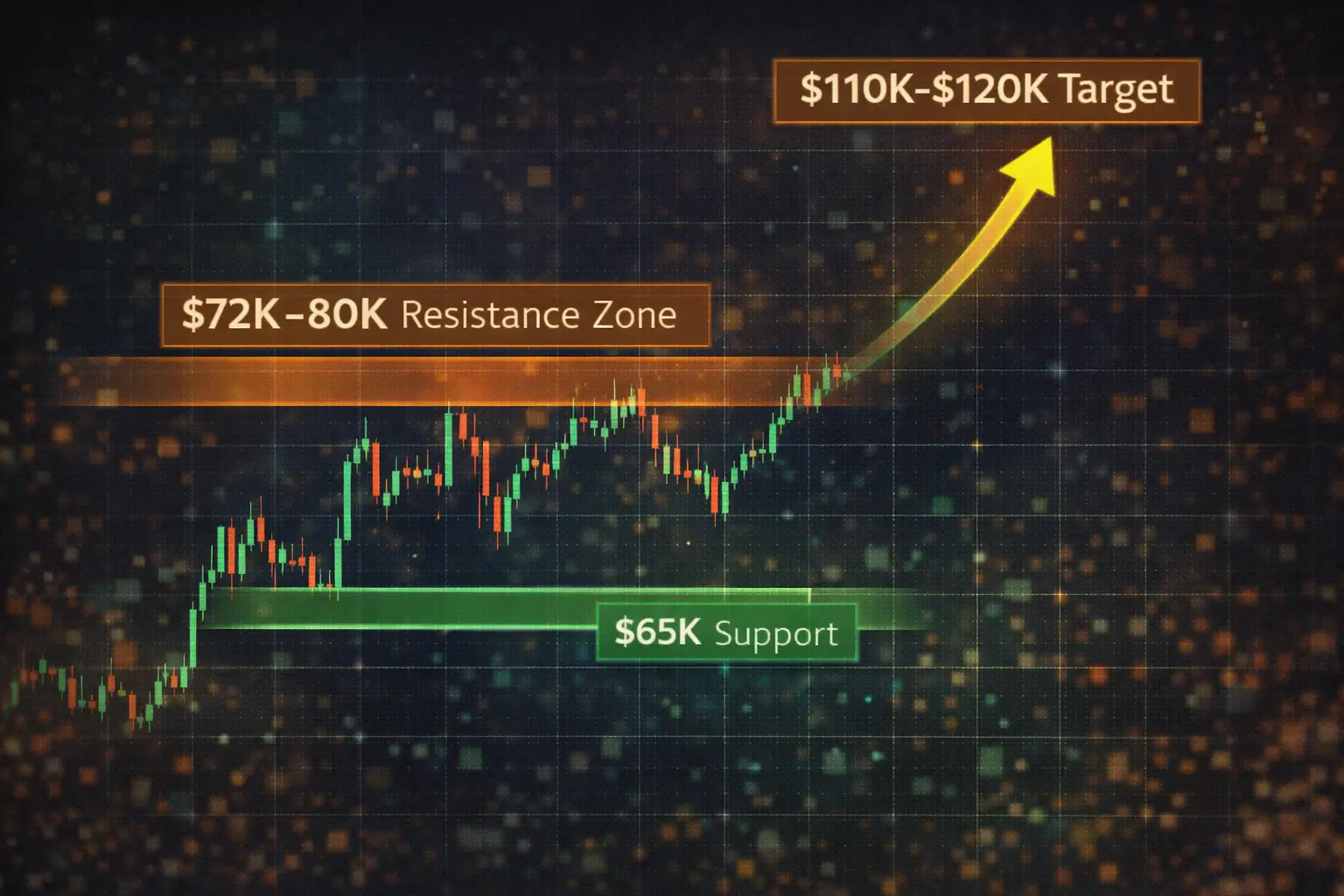The Ultimate Guide to Understanding Initial Coin Offerings (ICOs) in 2024
Initial Coin Offerings (ICOs) have revolutionized the way startups raise capital. By leveraging blockchain technology, companies can fund their projects through cryptocurrency investments, attracting a global audience of potential backers. But what exactly are ICOs, and how can you navigate this innovative fundraising method?
What is an Initial Coin Offering (ICO)?
An Initial Coin Offering (ICO) is a fundraising mechanism where new projects sell their underlying cryptocurrency tokens in exchange for capital. Think of it as a blend between an Initial Public Offering (IPO) and crowdfunding, but for the crypto world.
During an ICO, a company issues a new digital token that investors can purchase using established cryptocurrencies like Bitcoin or Ethereum. These tokens can then be used within the project’s ecosystem or traded on various cryptocurrency exchanges.
The ICO Process: A Step-by-Step Guide
- Concept and Whitepaper: It all starts with an idea. The project team drafts a detailed whitepaper outlining the project’s vision, technology, use case, and roadmap.
- Token Creation: Developers create the digital token, typically on an existing blockchain like Ethereum, using smart contracts.
- Marketing Campaign: To attract investors, a robust marketing campaign is launched, often including social media outreach, press releases, and influencer endorsements.
- Token Sale: The ICO goes live, and investors can purchase tokens. This phase can last from a few days to several weeks.
- Exchange Listing: After the ICO, tokens are listed on cryptocurrency exchanges, providing liquidity to investors.
Benefits of ICOs
- Accessibility: Anyone with an internet connection can invest, opening up opportunities for a global audience.
- Liquidity: Tokens can be traded on exchanges, offering investors the chance to quickly convert their holdings to cash.
- Innovation Funding: Startups can raise significant capital without giving up equity or control.
Risks and Challenges
- Regulatory Uncertainty: ICOs often operate in a legal grey area, and regulatory bodies worldwide are still figuring out how to handle them.
- Scams and Fraud: The lack of regulation has led to numerous fraudulent ICOs, making it crucial for investors to perform due diligence.
- Volatility: Cryptocurrency markets are notoriously volatile, and token values can fluctuate wildly.

How to Spot a Promising ICO
- Strong Whitepaper: Look for a detailed, well-written whitepaper that clearly explains the project’s goals, technology, and roadmap.
- Experienced Team: Research the team behind the project. A strong, experienced team with a track record in the industry is a good sign.
- Clear Use Case: The project should solve a real problem and have a clear use case for its token.
- Community Engagement: Active engagement with the community, transparency, and regular updates are indicators of a serious project.
- Tokenomics: Understand the token distribution and how it will be used within the project’s ecosystem.
Notable ICO Success Stories
- Ethereum: Raised over $18 million in 2014, now a cornerstone of the blockchain world.
- EOS: Raised $4 billion in 2018, one of the largest ICOs to date.
- Cardano: Raised $62 million, now a leading blockchain platform.
Conclusion
ICOs represent a significant innovation in the way startups can raise capital, but they come with their own set of challenges and risks. By understanding the basics, performing due diligence, and staying informed, you can navigate the world of ICOs with greater confidence.
FAQs
1. What is the difference between an ICO and an IPO?
An IPO is for established companies looking to sell shares and go public, while an ICO is for startups looking to fund their projects through cryptocurrency.
2. Are ICOs legal?
The legality of ICOs varies by country and is often subject to regulatory scrutiny. It’s important to understand the legal implications in your jurisdiction.
3. How do I participate in an ICO?
To participate, you typically need a cryptocurrency wallet and some form of cryptocurrency, like Bitcoin or Ethereum, to purchase the new tokens.
For more tips and insights on navigating the world of Web3 and cryptocurrencies, be sure to read other informative blogs at Freecoins24.io and follow us on Twitter and Telegram for the latest Web3 Updates.















